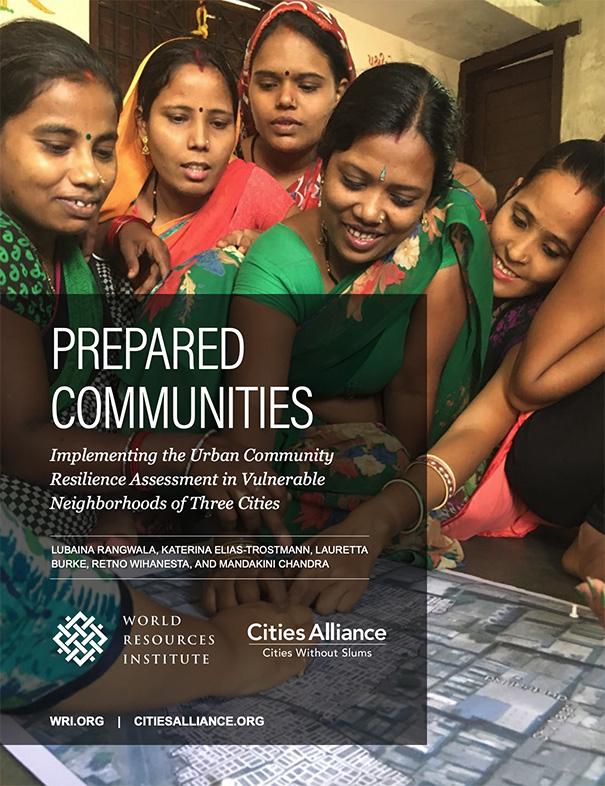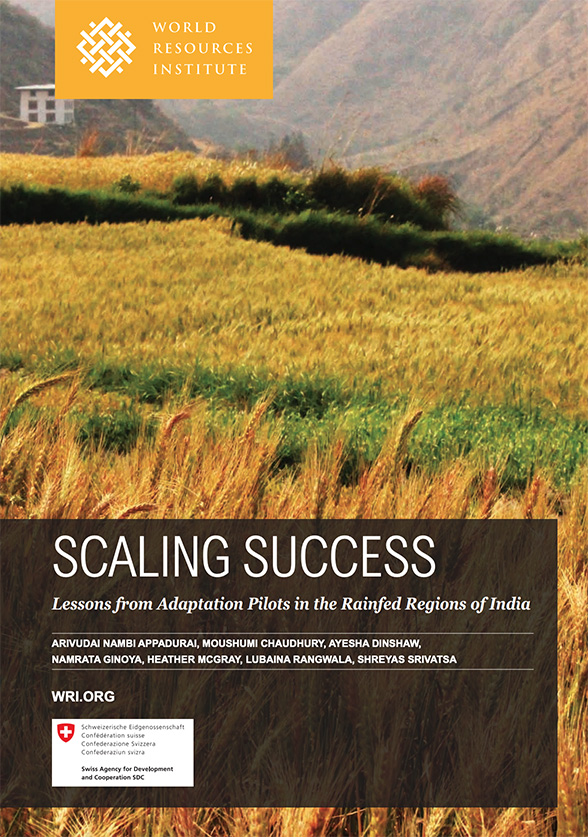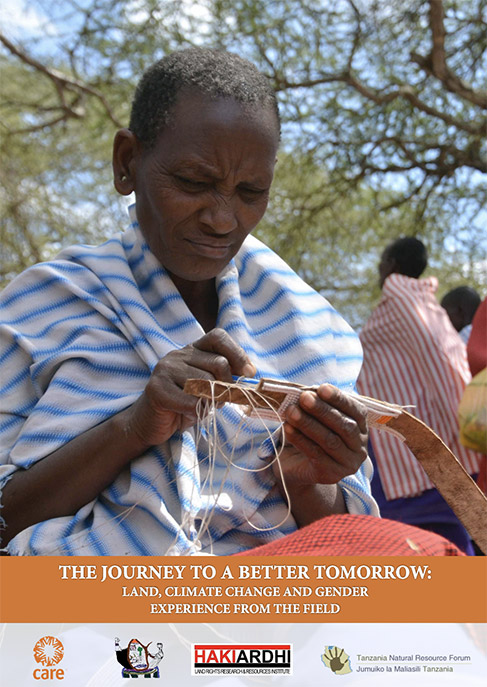Participatory grid-based erosion evaluation
This presentation explained the participatory grid-based erosion evaluation of soil erosion severity (intensity + extent), aided by printed, gridded Google Map. This presentation comes under the first session “Business-as-usual evaluations of soil erosion, and impacts of SWC practices” of the workshop "Systems Tool-aided Participatory Development of Sustainable Land Management Scenarios: 2nd Workshop", held in Zaghouan on 14-15 March 2017.








